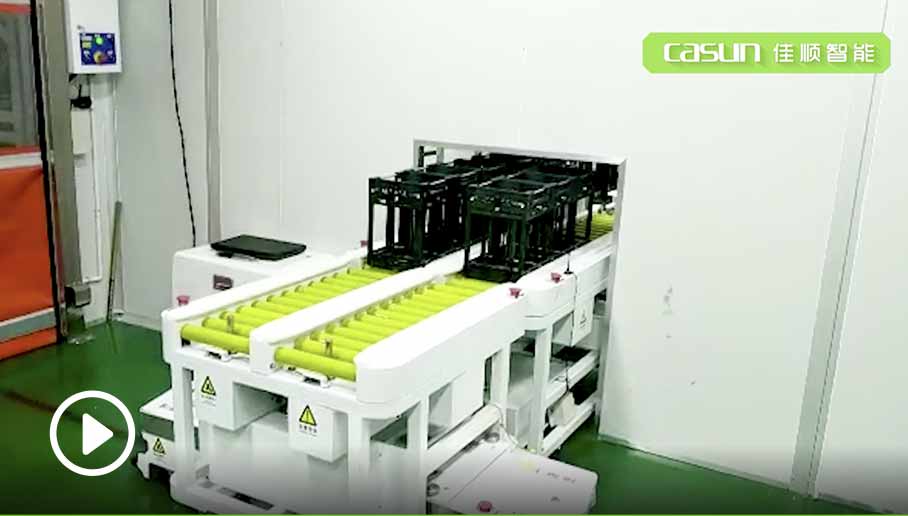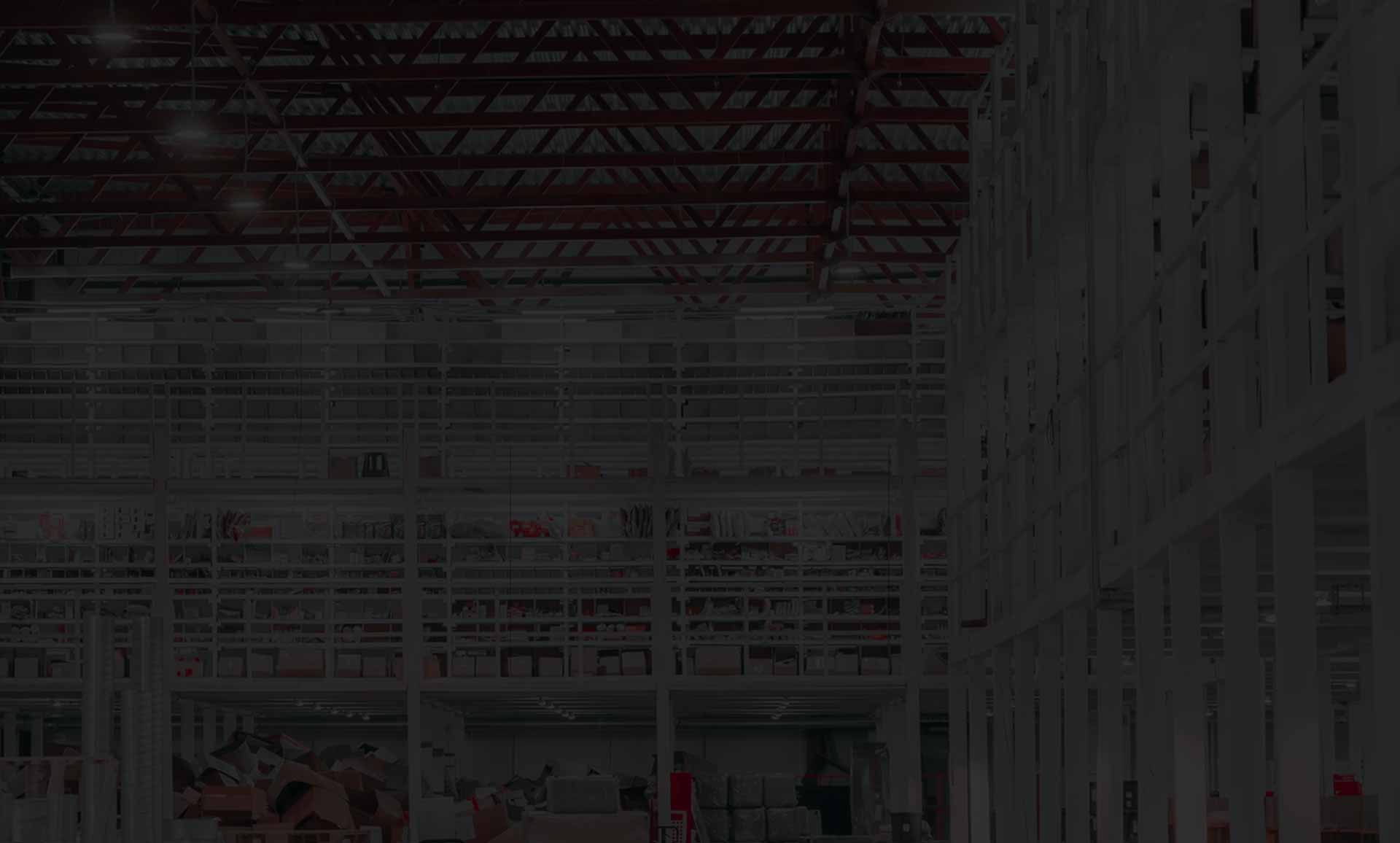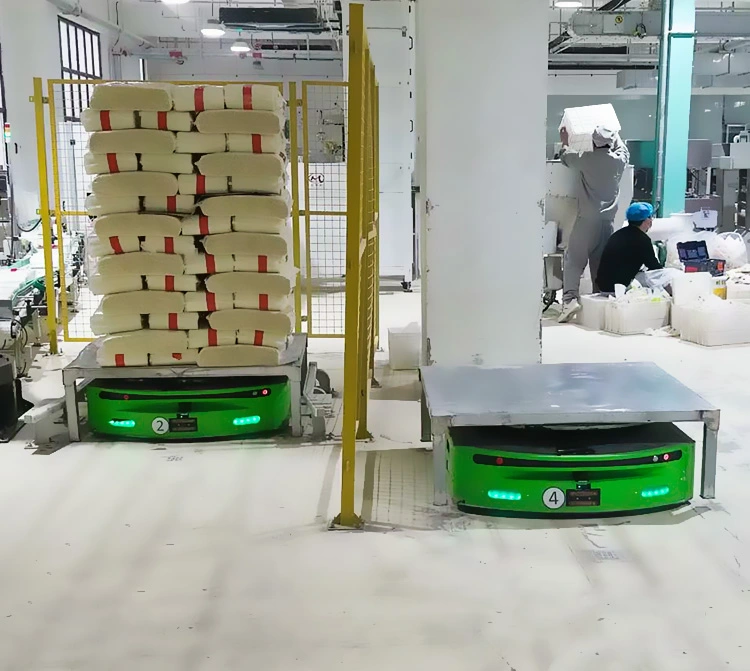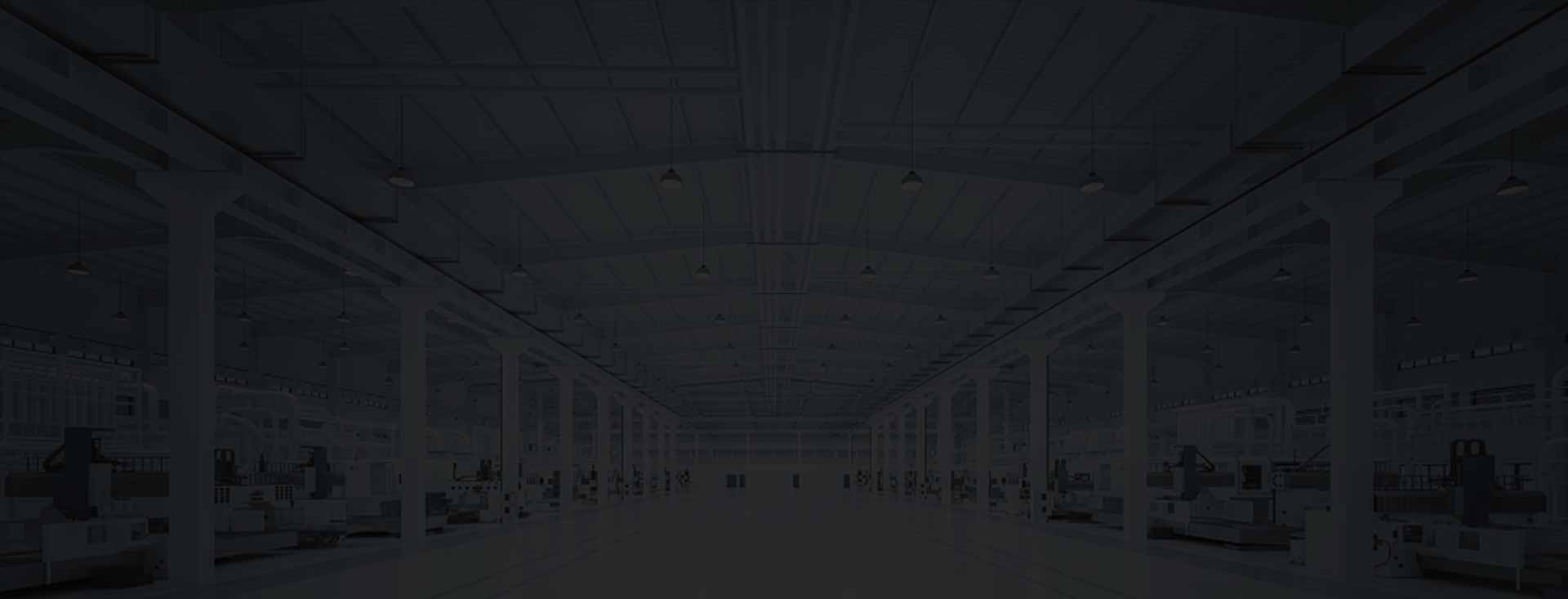 Focus on AGV industry for 18 years
Focus on AGV industry for 18 years
 Focus on AGV industry for 18 years
Focus on AGV industry for 18 years
In the context of modern societal development, food manufacturing factories face a series of challenges and opportunities, making the application of automation and intelligent technology a necessity. This project aims to achieve 24-hour unmanned operation through smart logistics solutions. By leveraging digital technologies, it seeks to realize a more controllable supply chain management system, ensuring traceability and transparency across the supply chain.
The project also focuses on strengthening supervision and control to meet the high consumer demands for food safety, while moving towards more sustainable development, including improved resource utilization efficiency and optimized waste management.

The existence of multiple storage locations increases the complexity of inventory management, including challenges in accurately recording inventory levels, conducting regular stocktaking, and preventing expiration and losses.
Managing a large number of storage locations may reduce the efficiency of material handling, as more time is spent locating and processing materials from different positions.
A large number of storage locations means that countless materials are stored in different places. Tracking and locating specific items can become very complex, leading to errors and confusion.

This project uses the submerged lifting-type Autonomous Mobile Robot (AMR), intelligent forklifts, and robot control systems, participating in multiple key stages of the production process, including the production line, warehousing exchange, and data management. Coupled with an efficient warehouse location management system, it creates an integrated intelligent production and logistics system for the factory.
Production line - warehouse buffer zone - platform - storage rack: the submerged lifting AMR and intelligent forklift operate automatically, achieving 24-hour unmanned transport. The innovative technology of the CRMS (robot control system) is used to enable intelligent scheduling. When an AMR is idle, it automatically returns to the standby point. When there are pending tasks, it automatically searches for idle AMRs and allocates the most optimal one based on the task status, greatly improving scheduling efficiency, optimizing the production line operation, and ensuring product quality and safety.
An advanced warehouse location management system is adopted to enable real-time monitoring, accurate tracking, and efficient management of inventory, reducing labor costs and improving the visualization and transparency of the supply chain.
CASUN integrated solution brings higher automation levels and more sustainable production models to food manufacturing factories, helping enterprises gain a greater advantage in the competitive market."


The system monitors storage locations in real time, updates inventory, and provides expiration warnings, solving multi-location tracking challenges with 99.6% accuracy.

The CRMS system optimizes paths, increasing AMR efficiency by 3 times to handle peak orders.

Enhanced space utilization allows storing 1/3 more goods in the same area, reducing rental and labor costs.

Full-process digital traceability integrates data from "raw materials to production to outbound," enabling quick identification and resolution of quality issues.
